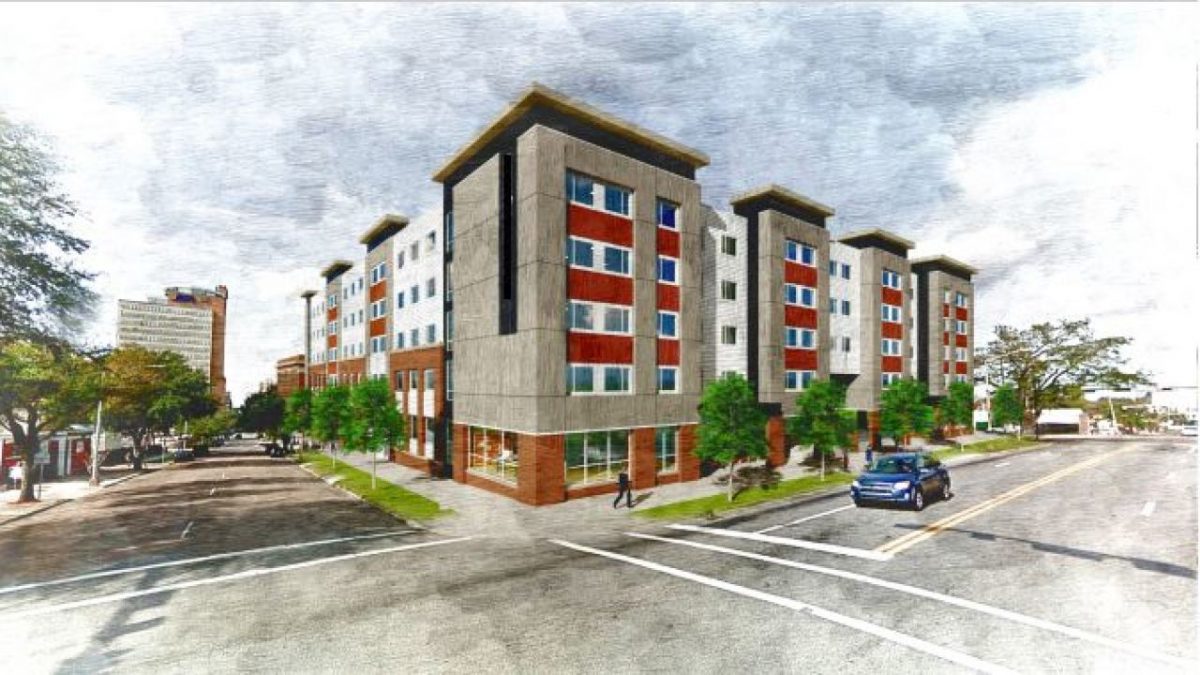Thousands of people move to Washington state every year but there aren’t enough rental homes for everybody who needs one.
Washington’s population has grown by 12 percent over the last decade. But between 2000 and 2015, we underproduced 225,000 homes – everything from apartments to ADUs to single family houses. Looking ahead, Washington needs to create about 10,000 new apartments every year by 2030 just to keep up with demand for rental housing.
Along with the housing shortage has come an affordability crisis. Across the state, the cost of rent has gone up. Generations of families who once could afford to live in their cities and neighborhoods are being priced out. An unexpected bill can mean there isn’t enough money to pay rent that month. Middle- and working-class families are struggling to live in the cities where they work.

The Morning Wire: Keeping you informed on politics, policies, and personalities of Washington State.
We must rally around solutions that help residents remain in their homes and communities while supporting the creation of new housing that meets the needs of people of all income levels.
That’s why we launched the Partnership for Affordable Housing. We are community activists, home builders, housing providers, organized labor, and religious communities working together to help solve Washington’s affordability crisis.
This year and into 2020, we will engage with our neighbors, communities, and state legislators about ideas that can help alleviate the worst effects of the affordability crisis while encouraging housing creation that meets the needs of everyone.
One simple thing we can do right now is create a state rental assistance fund to help families stay in their homes when they are a few dollars short on rent from things like car trouble or an unexpected medical bill. Some assistance funds exist around the state, but they require residents to be served a notice to pay before they become available. We need to fix that.
In the near to long-term, the state should increase the Washington Housing Trust Fund to expand investment in affordable housing opportunities. We can redouble our commitment to affordable housing by building on last year’s sales tax rebate for cities that invest it in housing creation. The state can help spur the creation of a wide range of housing with property tax incentives for housing providers that keep rents below the market rate.
We need to apply a holistic approach that begins to chip away at our affordability crisis. Meanwhile, legislators must refuse to fall for easy “fixes” that could ultimately make our housing crisis even worse.
We are very concerned about the resurgence of rent control policies across the country. Rent control, rental caps, and other policies where the government controls rental rates lead to less affordable housing and fewer homes created.
Consider places like New York, California, and Washington, DC. All have rent control, yet they are among the most expensive places to live in America. Part of the reason is that rent control reduces the creation of new housing, further exacerbating the housing crunch – nearly all economists agree rent control doesn’t help. Oregon, which recently passed a statewide rental cap, is now seeing a drop of 40% in much-needed housing investments.
The vast majority of New York’s rent-stabilized apartments are in buildings well over 70 years old and in constant need of maintenance, repairs, and upgrades. However, housing providers are limited by rent control and unable to pay for the cost of these repairs.
New research in Seattle indicates that even just a 7 percent cap on rents could reduce housing creation by over 1,700 homes per year. Lack of funds to maintain older units means 46,000 lower-cost apartments could fall into disrepair and be taken off the market by 2030.
Rent control will take us backward.
Washington needs to focus on smart solutions to address housing affordability right now and into the future. Join us at www.PartnershipForAffordableHousing.com to learn more about affordable housing policies that work.
Your support matters.
Public service journalism is important today as ever. If you get something from our coverage, please consider making a donation to support our work. Thanks for reading our stuff.



